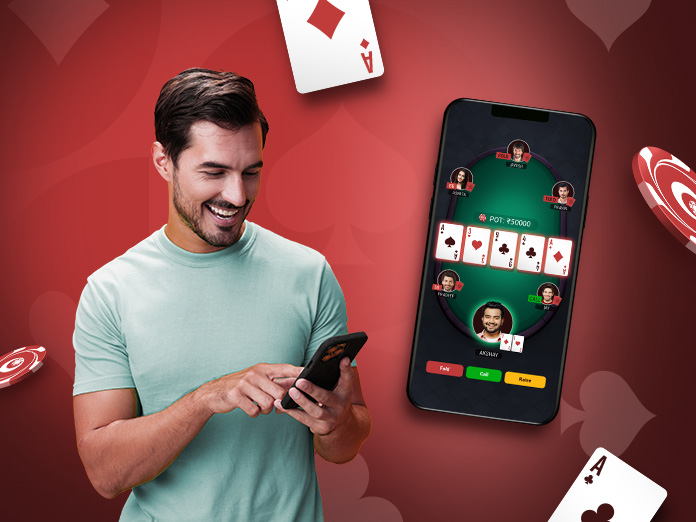Poker is more than just a card game; it’s a great way to learn how to make decisions when you don’t know what’s going to happen. We at PokerCircle think of poker as a cognitive science model that shows how people deal with situations in the real world when they don’t have all the facts and there is always some risk. This article talks about how poker can assist you in making better decisions and gives you useful advice on how to use these ideas to play more efficiently.
What is Uncertainty in Poker?
Poker works because people don’t have all the knowledge they need. Players have to make decisions without knowing what their opponents’ cards, plans, or strategies are. This is like making decisions in real life, like investing or negotiating, when you don’t know what will happen. Cognitive science studies how people cope with uncertainty, and poker is a safe way to witness these processes in action. You have to estimate what your opponents will do with the limited knowledge you have, figure out the odds, and assess the potential risks.
Poker as an Example of Cognitive Biases
Cognitive research reveals that biases like being too sure of yourself and not wanting to take risks may make it hard to make effective choices. These biases are clear in poker. For instance, players could believe their hand is better than it actually is (overconfidence) or not want to “forfeit” chips by folding a poor hand (risk aversion). By recognizing these negative actions in poker, players can adapt them in real life.
Recognizing Patterns and Thinking Strategically
Poker rewards those who can plan ahead and detect patterns, which are two crucial cognitive talents. Players have to pay attention to how their opponents wager, how quickly they respond, and how they usually act in order to figure out what they will do. This strategy fits with what cognitive science says about heuristic-based decision-making, which claims that mental shortcuts help us quickly understand difficult concepts.
Knowing the rules of poker games is vital because they help you understand what your opponents are doing. If someone raises a lot before the flip, they can be aggressive, which implies you can adjust how you play. Over time, being able to identify these patterns can help you guess what will happen in situations when you don’t know what’s going to happen.
Using Poker Lessons in Real Life
The skills you learn in poker, such as how to think about probabilities, be conscious of your biases, and see patterns, are useful in the real world. Poker teaches you to be organized when making decisions about your job or your finances. You should acquire all the information you can, weigh the risks, and make a decision quickly while still being open to adapting.
Conclusion
Poker is a one-of-a-kind way to look at how people make decisions when they don’t know what will happen. You can strengthen your cognitive abilities by learning about pot odds, keeping track of your biases, observing trends, and acting out in real situations in the game. Upgrade your skills and have fun playing poker on PokerCircle!

